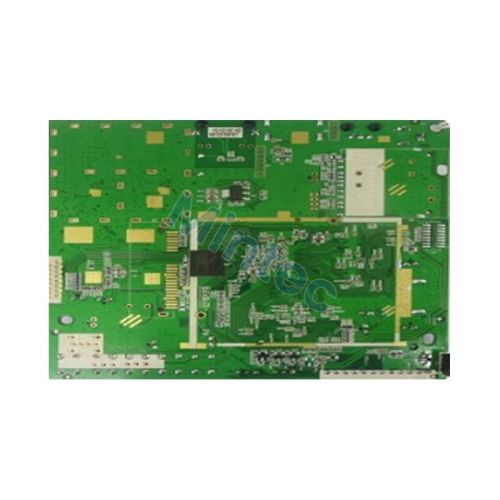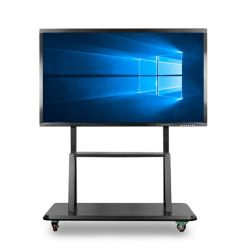Medical Electronics PCBA
Medical electronics have contributed significantly to the healthcare industry as diagnostic, monitoring and treatment devices. The PCB assembly for these electronic devices have evolved as electronics have become more efficient and intensive, leading to endless new possibilities.
Product Description
Medical Electronics PCB Assembly
Electronics have contributed significantly to the healthcare industry as diagnostic, monitoring and treatment devices. medical applications of these electronic devices have evolved as electronics have become more efficient and intensive, leading to endless new possibilities. At the heart of these medical devices are PCBs.
PCBs in the medical industry are highly specialized to fit the unique constraints of medical devices. In many medical applications, a small package is required to meet the size requirements of an implant or emergency room monitor. As a result, medical PCBs are often special high-density interconnect PCBs, also known as HDI PCBs.
Medical PCBs can also be made from flexible substrates that allow the PCB to flex during use, which is essential for both internal and external medical devices. Medical PCBs are held to a higher standard than most other PCB types due to the health effects associated with them. Repeatability and reliability are two essential elements that must be achieved in medical PCB manufacturing, in addition to compliance with stringent medical regulations.
Process Capability of Medical Electronics PCB Assembly
Solder paste printer printing accuracy: ±0.02mm
Repeat positioning accuracy: ±0.0125mm
Equipment reject material rate: within 5 parts per million
Mounting component size: CHIP 01005 (imperial system) ~ 100*90*21mm IC
Mounting accuracy: ±0.035mm
Mounting Repeat positioning accuracy ±0.025mm
CPK≥1.0
SMT workshop 01005 SMD components, 0.2mm BGA placement capacity and quality control capabilities are very mature.
With 12 temperature zone nitrogen reflow furnace, the reflow soldering can be compatible with different PCB thickness (0.5mm ~ 3.2mm) and material (paper substrate, glass fiber substrate, synthetic fiber substrate, non-woven substrate, composite substrate, PFC board), and also can reduce the high temperature oxidation of solder and not easy to produce compounds with metal, but also to avoid metal oxidation because of air nitrogen is an inert gas, which to ensure the quality of solder and product Reliability.

Applications of Medical Electronics PCB Assembly
Printed circuit boards and electronics play an essential role in the medical industry. They are employed not just in appliances but also in monitoring, diagnostic, and therapeutic equipment. In addition, PCBs in the healthcare industry is rapidly expanding as technology advances, opening up new possibilities.
► Scanning equipment
CT scanners, X-ray screens, and ultrasound scans all rely on electronic components to work.
► Monitors
Medical monitoring equipment such as heart rate monitors, blood glucose monitors, and blood pressure monitors contain electronic components.
► Medical Instruments
Medical research requires various instruments to collect data and test results. PCBs are commonly found in electron microscopes, control systems, compressors, and other equipment: Nebulizer, forehead temperature gun and Sphygmomanometer, etc..
As a PCB design and PCB assembly company with more than 20 years of experience, Minteda Technology has advanced international technology, intelligent production and testing equipment to meet your requirements. In the medical field, Mintec has completed the certification and introduction of many strategic key customers of listed companies. We provide you with the following types of medical motherboard products, from small prototype to mass production, including PCB design, PCBA placement and DIP packaging services.




